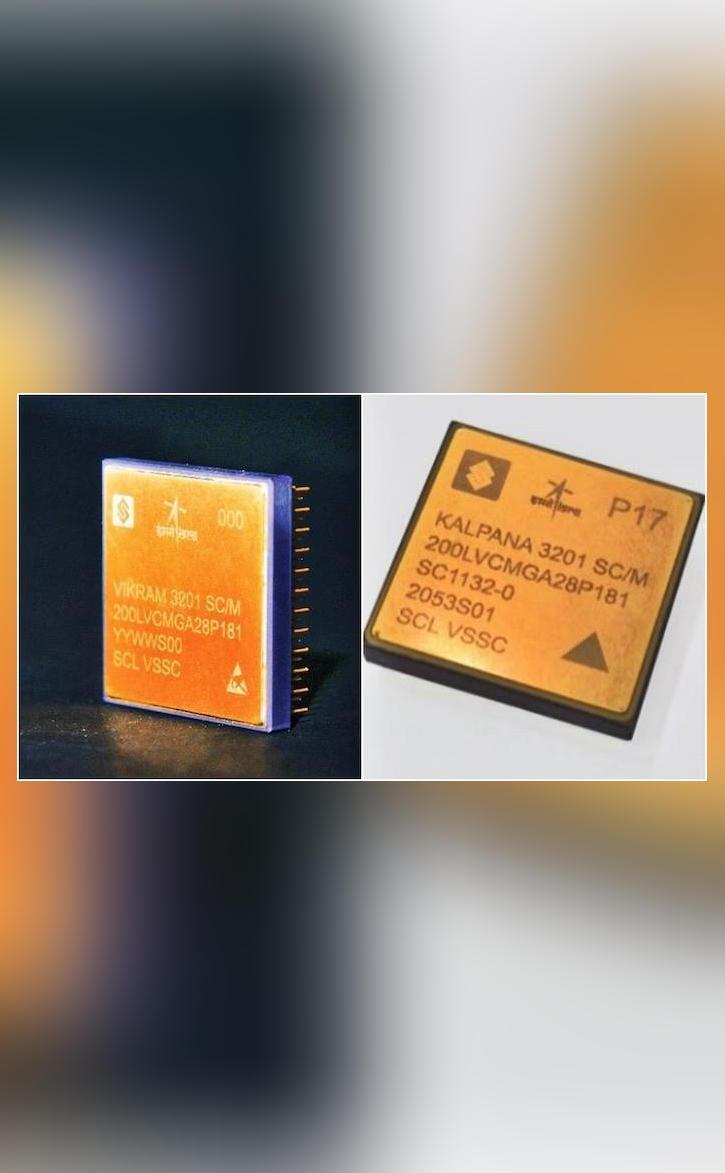
ISRO & SCL Develop 32-bit Microprocessors for Space Applications
The Indian Space Research Organisation (ISRO) and the Semiconductor Laboratory (SCL) in Chandigarh have recently made a significant breakthrough in the development of microprocessors for space applications. The two organizations have jointly developed two 32-bit microprocessors, VIKRAM3201 and KALPANA3201, which are designed to withstand the harsh environmental conditions of launch vehicles. The development of these microprocessors is a major milestone in India’s space technology and a testament to the country’s capabilities in this field.
The VIKRAM3201 microprocessor is particularly notable as it is the first fully “Make-in-India” 32-bit microprocessor to be qualified for use in the harsh environmental conditions of launch vehicles. This achievement is a significant step forward for India’s space program, as it demonstrates the country’s ability to design and develop complex electronic systems that can withstand the extreme conditions of space travel.
The VIKRAM3201 microprocessor is designed to operate in temperatures ranging from -40°C to 125°C, making it suitable for use in launch vehicles and other space applications. It has a clock speed of 100 MHz and is fabricated using 0.35 μm technology. The microprocessor has a power consumption of 1.5 watts and has a high degree of radiation tolerance, making it suitable for use in space applications where radiation is a major concern.
The KALPANA3201 microprocessor is another 32-bit microprocessor developed by ISRO and SCL, which is designed for use in spacecraft and other space-based applications. It has a clock speed of 100 MHz and is fabricated using 0.35 μm technology. The microprocessor has a power consumption of 1.5 watts and has a high degree of radiation tolerance, making it suitable for use in space applications where radiation is a major concern.
The development of these microprocessors is a significant achievement for ISRO and SCL, as it demonstrates the organizations’ capabilities in designing and developing complex electronic systems for space applications. The microprocessors are designed to meet the specific requirements of space applications, including high reliability, low power consumption, and radiation tolerance.
The development of these microprocessors is also a significant step forward for India’s space program, as it demonstrates the country’s ability to design and develop complex electronic systems that can withstand the extreme conditions of space travel. The microprocessors are designed to operate in temperatures ranging from -40°C to 125°C, making them suitable for use in launch vehicles and other space applications.
The development of these microprocessors is also expected to have a significant impact on India’s space industry, as it will enable the development of more complex and sophisticated space-based systems. The microprocessors are designed to be highly reliable and have a long lifespan, making them suitable for use in long-duration space missions.
In conclusion, the development of the VIKRAM3201 and KALPANA3201 microprocessors by ISRO and SCL is a significant achievement for India’s space program. The microprocessors are designed to operate in harsh environmental conditions and are suitable for use in launch vehicles and other space applications. The development of these microprocessors demonstrates India’s capabilities in designing and developing complex electronic systems for space applications and is expected to have a significant impact on the country’s space industry.






